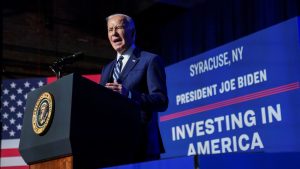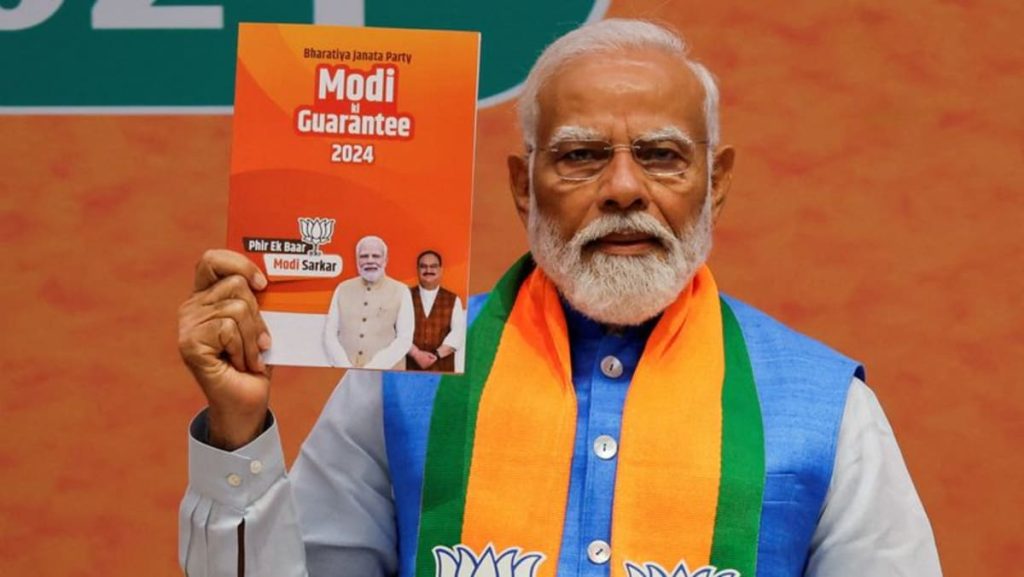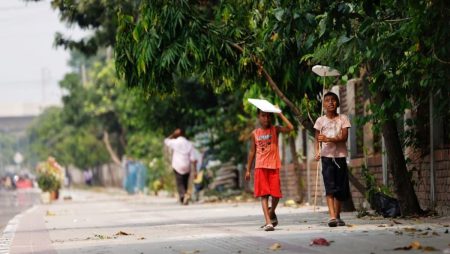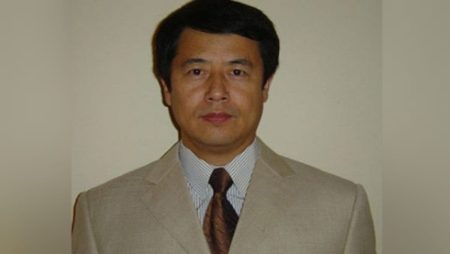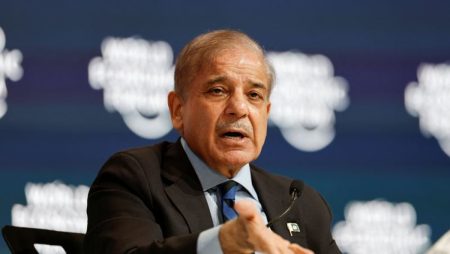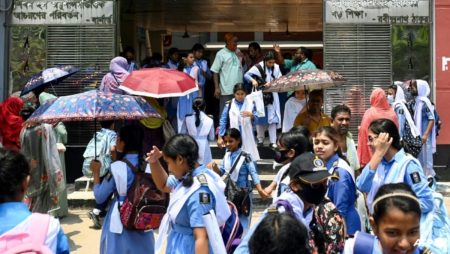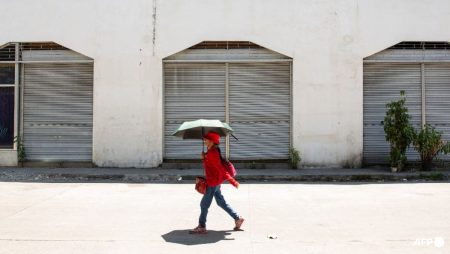atic stature and economic growth, but also an increase in social and religious tensions. His main challenger is Rahul Gandhi, scion of the Gandhi-Nehru political dynasty, who has struggled to gain traction against the incumbent leader. The election is being seen as a referendum on Modi’s leadership, with his Bharatiya Janata Party (BJP) and its allies projected to win a majority in parliament. Despite concerns about his brand of Hindu nationalism, Modi’s supporters see him as a strong and decisive leader who has delivered on his promises to boost India’s economy and national security.
The election campaign has been marked by a high level of polarization, with both sides accusing the other of promoting divisive rhetoric and inciting violence. Modi’s BJP has been criticized for exploiting religious and caste divisions to mobilize support, while Gandhi’s Congress party has been accused of playing the politics of appeasement and identity politics. The rise of social media has also played a significant role in shaping public opinion, with both parties using online platforms to reach voters and spread their messages. The election is being closely watched by the international community, with concerns about the impact of Modi’s re-election on India’s democratic institutions and secular values.
One of the key issues in the election is the state of the Indian economy, which has been growing at a slower pace than expected in recent years. Modi has promised to continue his economic reforms and initiatives to boost growth and create jobs, while Gandhi has accused the government of failing to address the country’s economic challenges. The election also comes at a time of growing inequality in India, with a significant portion of the population still living in poverty despite the country’s economic progress. Both leaders have sought to address this issue in their campaigns, but their policies and approaches differ significantly.
Another important issue in the election is national security, with Modi and the BJP emphasizing their tough stance on terrorism and border security. The recent military confrontation with Pakistan has boosted Modi’s image as a strong leader who can protect India’s interests, but the opposition has criticized his handling of the situation and questioned his government’s strategy on security issues. The election is taking place against a backdrop of heightened tensions with neighboring countries and ongoing internal conflicts, making national security a top priority for voters. Modi’s supporters believe that re-electing him is crucial for India’s defense and strategic interests, while his detractors argue that his policies have exacerbated regional tensions and undermined peace efforts.
The outcome of the election will have far-reaching implications for India’s future direction and its position on the global stage. A victory for Modi would likely see a continuation of his pro-business policies and nationalist agenda, with potential implications for India’s secular values and democratic institutions. On the other hand, a win for Gandhi and the opposition could signal a shift towards a more inclusive and socially progressive government that focuses on addressing economic inequality and social welfare issues. The election is a critical test for India’s democracy and the ability of its leaders to address the country’s complex challenges in a diverse and rapidly changing society. Regardless of the outcome, the election is expected to have a lasting impact on India’s political landscape and its relations with the international community.

